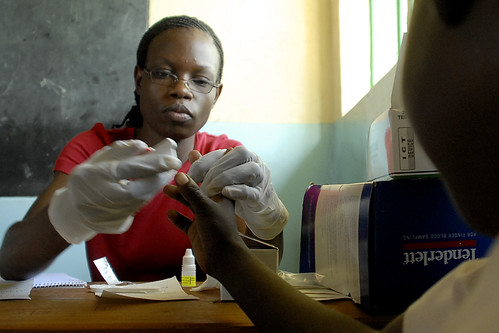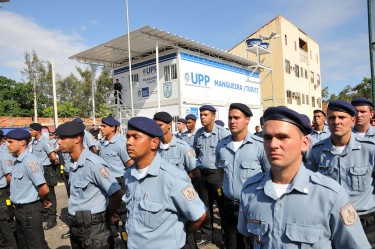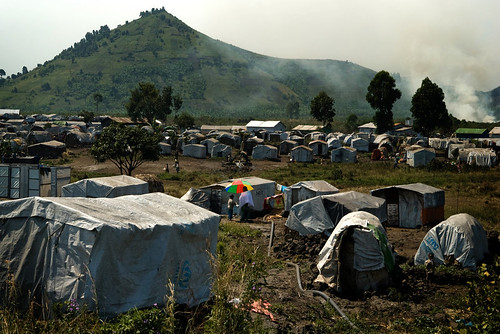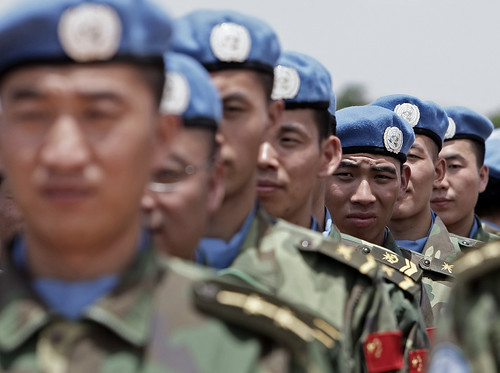
At the GBCHealth Conference in New York last week, business, civil society, government, and other key stakeholders gathered to discuss the role of business in global health. Topics discussed included HIV/AIDS thirty years into the epidemic, health programs in the workplace, and women’s health. The GBCHealth Conference is a major forum for global health experts, funders, implementers, and policy makers.
One important outcome of the conference was the announcement of the MDG Health Alliance, which is led by leaders in the private sector, UN and public sector, and academia and focuses on Millennium Development Goals 4, 5, and 6 (reduce child mortality, improve maternal health, combat HIV/AIDS, malaria, and other diseases). Early initiatives will focus on treating childhood diarrhea, which is a major killer of children in the developing world, the elimination of mother-to-child transmission of HIV, and digital content for community health worker training programs. The alliance will develop and strengthen public-private partnerships for global health efforts. Jeffrey C. Walker, who will focus on health care workers for the alliance and is a former private equity CEO, called for targeted, cost-efficient solutions,saying, “We don’t have all the answers, but we might be able to help convene the people who do…Don’t think of this as corporate responsibility. Think of this as strategy. Approach it as helping yourself as you help others.”




